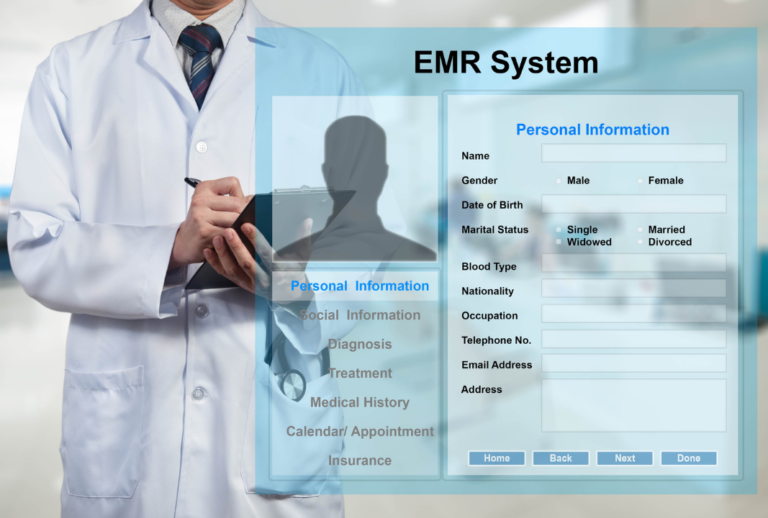
In our life, we have some documents that stay important to us over time. Some documents like our identity cards, health documents, financial documents, and asset documents need to be handy and in a secure place. There is one more document that you should give extra attention to once you are in your 40s at the least – i.e., your personal health record documents. You must keep the health-related documents separate so that they come in handy during an emergency.
Many doctors and hospitals also recommend that people show extra involvement in their own healthcare by maintaining personal health records. Studies have shown that patients who maintain personal health records show improvement sooner than others.
So, what are Personal Health records?
Personal health records are a set of documents maintained by the patient or their family with all medical and health-related information. It could be a summary or a master sheet prepared along with other documents such as drug prescriptions, test results, diagnosis, invoices, insurance documents, wills, and immunization details. Other important details to include in your personal health record would be:
- Regular Physician and Hospital Details
- Details about your allergies
- Family History
- Chronic Diseases or Major Illness if any
- Living Wills and Directives

There are many applications to maintain PHRs, and it solely survives on the information provided by the patient. You can store any information and it is a voluntary effort. You may or may not choose to link such personal health records with the system in place in your hospital or other healthcare providers.
There are many applications to maintain PHRs, and it solely survives on the information provided by the patient. You can store any information and it is a voluntary effort. You may or may not choose to link such personal health records with the system in place in your hospital or other healthcare providers.
So, what exactly is a Patient Portal?
A patient portal can be a website or an application controlled by the hospital or healthcare provider system with information from your existing medical records. The hospital or clinic will give you a secure login and password to input basic data and view the other documents on file. In some cases, a patient portal serves more than one purpose. You can use the patient portal to :
- View Discharge Summaries
- Schedule Appointments in advance if needed
- Make payments
- Check Insurance-related details
- Access Educational Information
- View Lab results, Medication Details, and other relevant data

Most of the time, such patient portals are doctor/hospital-specific. They may not provide the total view regarding your health condition. If you are undergoing treatment in more than one hospital, then you will have to check two separate portals to view all your information. That can cause a problem when you want to share this information with the next physician or so.
Difference between PHR and EMR Patient Portals
In a PHR, the patient has full control and responsibility. The data is provided at their discretion. They can consolidate the data from two or more physicians and keep it ready for future reference.
In the case of EMR patient portals, the base information collected and provided by the doctors is already on file, and the patient supplies less of it. Patients can access this info to keep a check on their health but do not have much rights on the record itself.
Importance of PHR and Patient Portals
While the two record systems serve different purposes, providing genuine and accurate information in both is important for your health. Personal health records keep you involved in your healthcare and monitor it in between doctor visits. These records also hold all your important data and determine the course of future treatment. Any misinformation can lead to serious consequences.
It is recommended that patients maintain their own personal health records that they can link with the doctor’s if needed. It will help keep the data secure and in good hands.
Committed To Helping Our Clients Succeed
